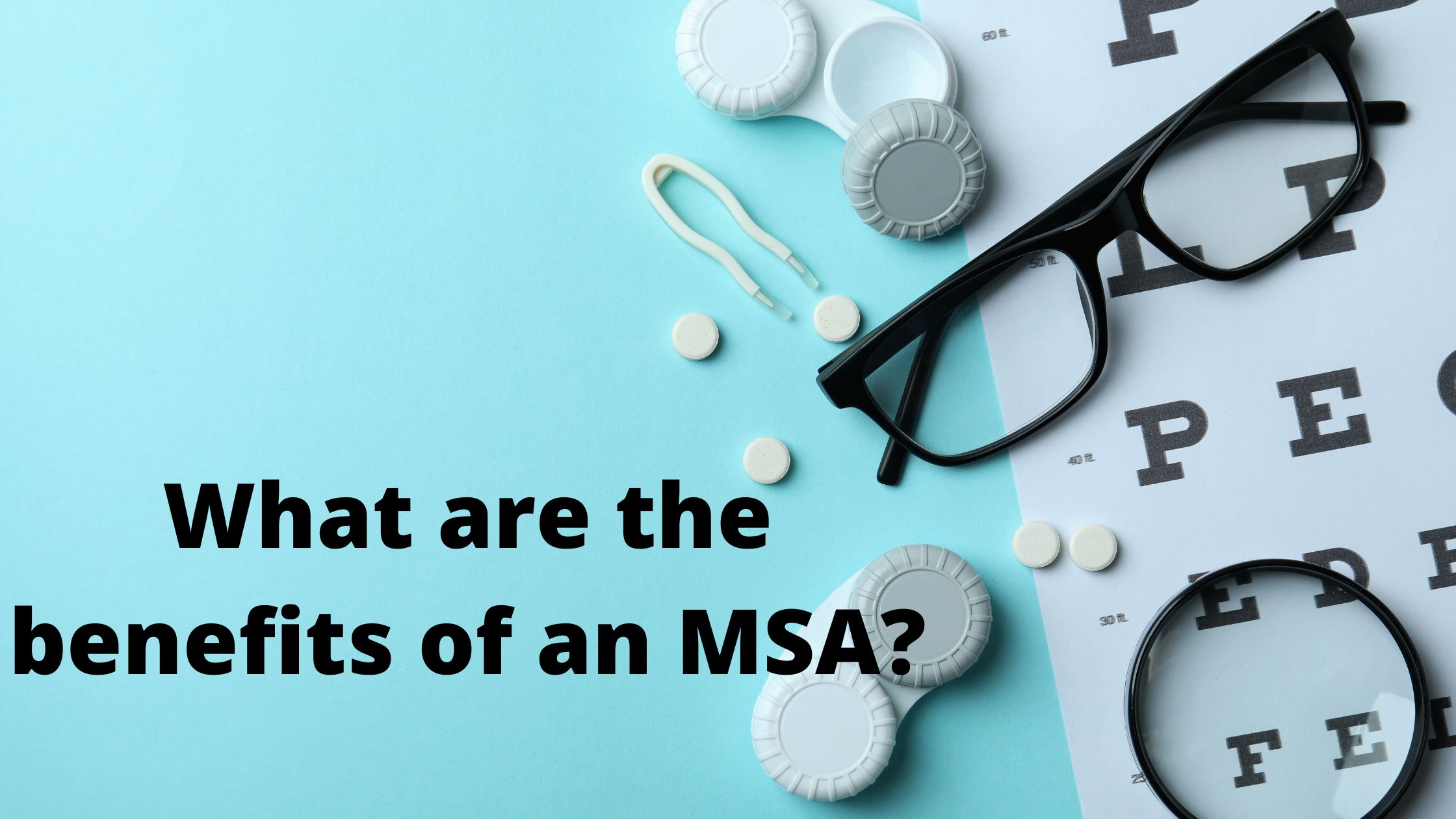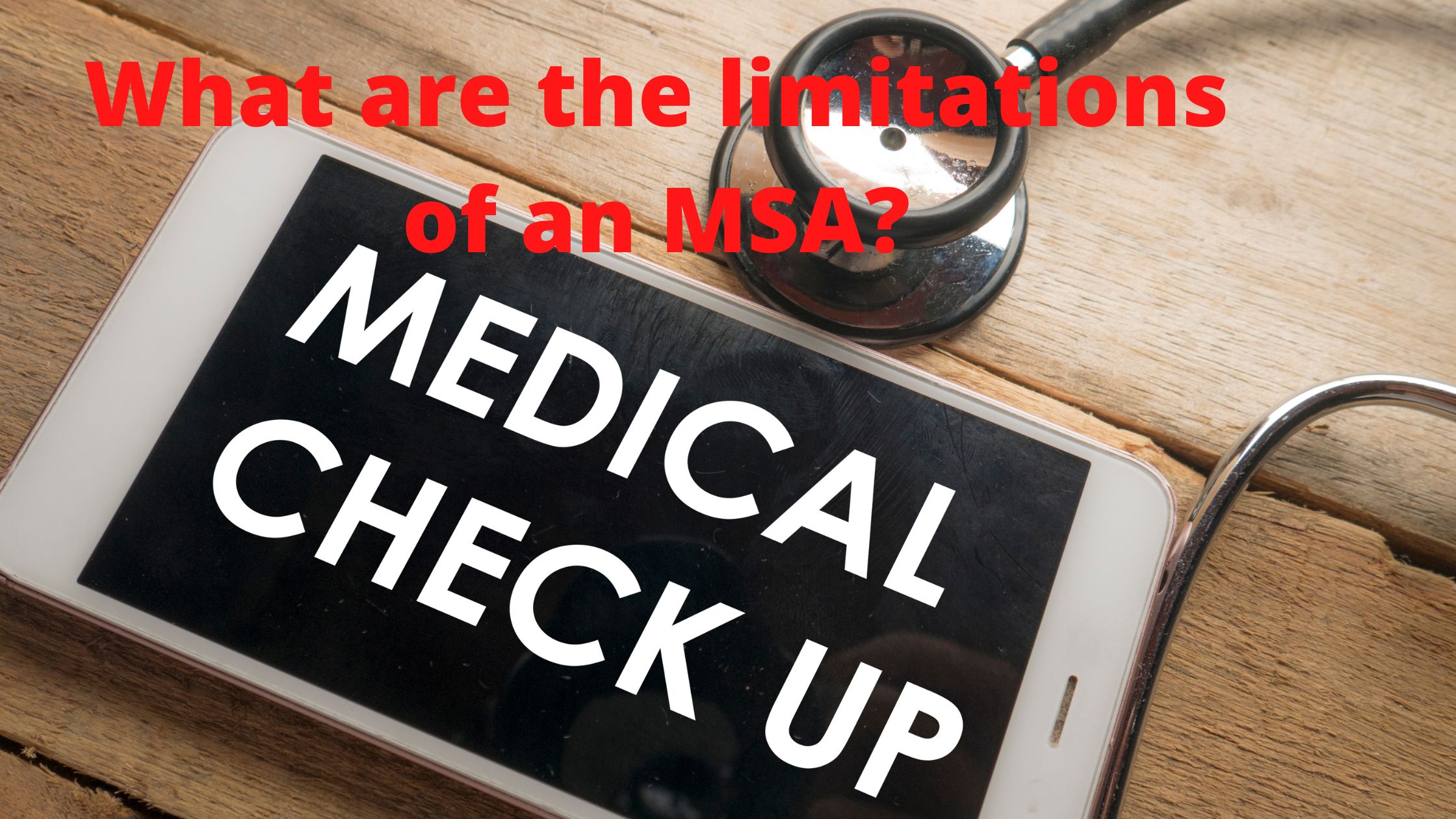As the baby boomers begin to retire, the number of Medicare beneficiaries is only going to continue to grow. So if you’re one of these people, it’s important to know about the different types of banking products available to you. In this article, we’ll discuss the benefits and options for Medicare beneficiaries with an MSA.
What is a Medical Savings Account (MSA)?
A Medical Savings Account (MSA) is a type of bank account that allows people who are Medicare beneficiaries to save money for medical expenses.
The money in an MSA can grow tax-deferred, which means that it will not be taxed when you withdraw the money to use for medical expenses.
There are a few things to keep in mind if you want to open and use an MSA: first, you need to be enrolled in Medicare Part D and have a valid Medicare card; second, your bank may charge a monthly fee for using an MSA; and finally, you may need to verify your income and assets before opening an MSA.
If you have any questions about setting up or using an MSA, speak with your healthcare provider or financial advisor.
How to open an MSA?
If you are a Medicare beneficiary and have a medical savings account (MSA), there are a few things you need to do in order to open it. First, you will need to contact your bank or MSA provider and ask them to set up an account for you. Once the account has been set up, you will need to provide your bank with your Medicare number and any other required information. After this is done, you can start depositing money into your MSA and making withdrawals for medical expenses.
What are the benefits of an MSA?
A medical savings account (MSA) is a type of savings account offered by banks and other financial institutions that allow individuals and families to save for medical expenses. There are a few key benefits to an MSA:
1. Tax breaks – The contributions made to an MSA are tax-deductible, which can help offset the cost of healthcare premiums and other out-of-pocket costs.
2. Access to funds – MSA holders have access to their accounts at any time, without penalty. This can be helpful if you need to quickly cover a large unexpected medical expense.
3. Stable investment – Unlike stock or mutual fund investments, MSA funds are typically subject to relatively low risk and offer stability in uncertain economic times. This can be beneficial if you’re looking for long-term savings for your healthcare needs.
4. Flexibility – Most MSA providers offer various customization options, so you can choose the account that best suits your needs and budget. This includes features like tiered coverage options and flexible withdrawal rules.
What are the limitations of an MSA?
An MSA is a great option for Medicare beneficiaries who want to save for their health care expenses. However, there are some limitations to consider.
First and foremost, an MSA is not a replacement for insurance. An MSA can only help pay for health care costs that are covered by the account, and it cannot be used to cover medical expenses that are not related to illness or injury.
Another limitation is that an MSA can only be used for qualified medical expenses. These include hospital costs, doctor visits, prescription drugs, and other medical services. The account must also be in the beneficiary’s name and have been opened with a eligible financial institution.
There are other important factors to consider when opening an MSA, such as the interest rate and how much money can be saved each year. If you’re interested in exploring these options, talk with your financial advisor or visit an MSA provider like Ally Bank.
Are there disadvantages to having an MSA?
There are a few disadvantages to having an MSA if you are a Medicare beneficiary. First, the interest rates on MSA accounts are typically lower than those on traditional bank accounts. This is because the Federal Deposit Insurance Corporation (FDIC) insures MSA deposits up to $250,000. Second, withdrawals from an MSA may be subject to penalty fees, depending on the bank. Finally, some Medicare benefits may not be available with an MSA account.
Conclusion
Medicare beneficiaries can bank with many different banks, but some of the best options may be found through a Medicare beneficiary’s medical savings account. With a medical savings account, you can save money on your health care costs by investing in stocks and bonds that are typically tax-deferred. This means that the money you save will grow without affecting your taxable income. Additionally, if you ever need to use your MSA for other expenses related to your healthcare (such as deductibles or out-of-pocket costs), it is an easily accessible source of funds.


